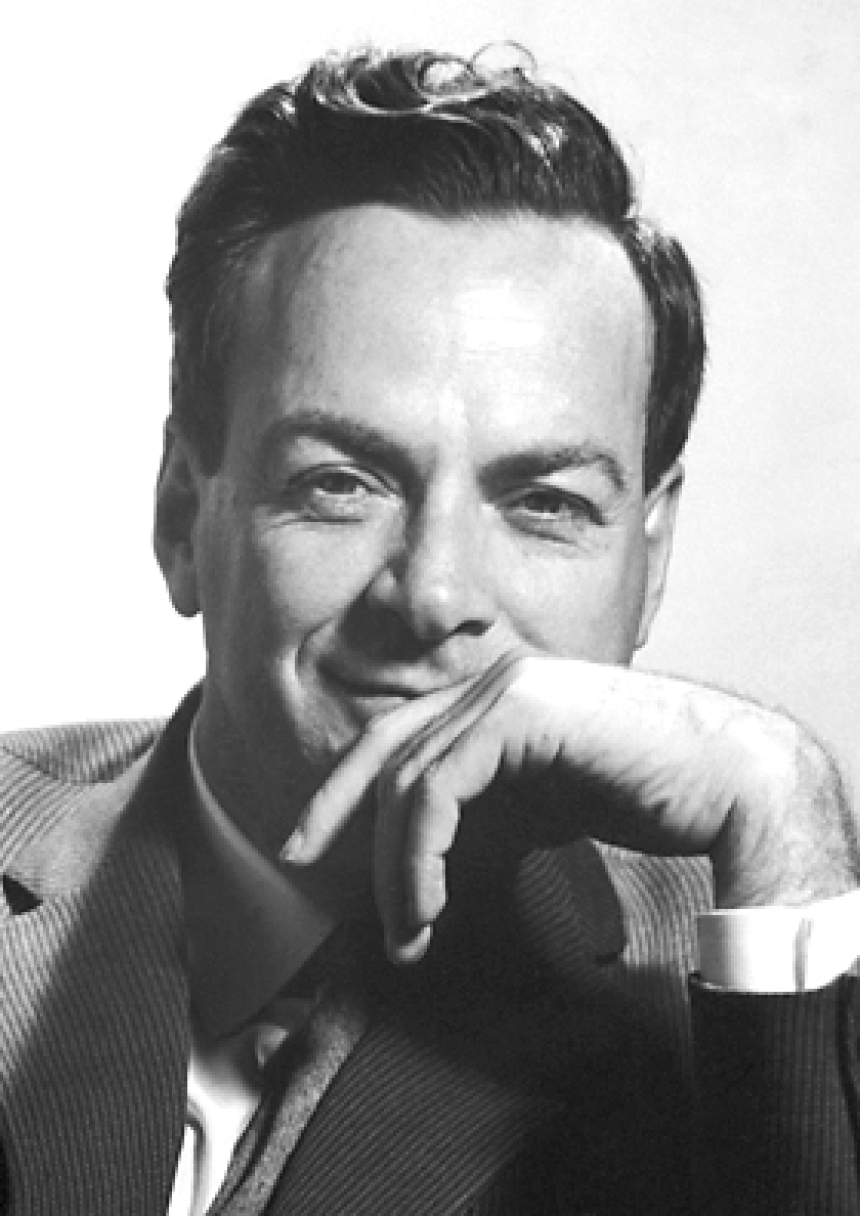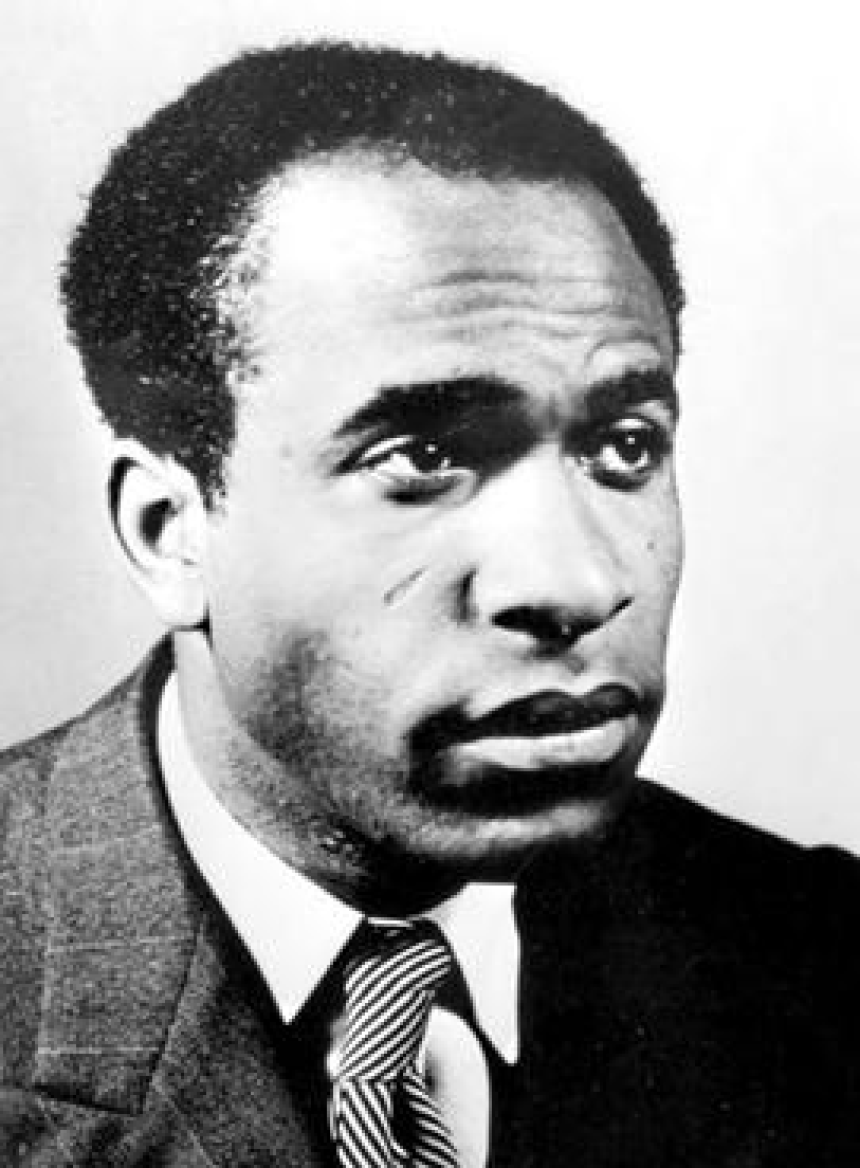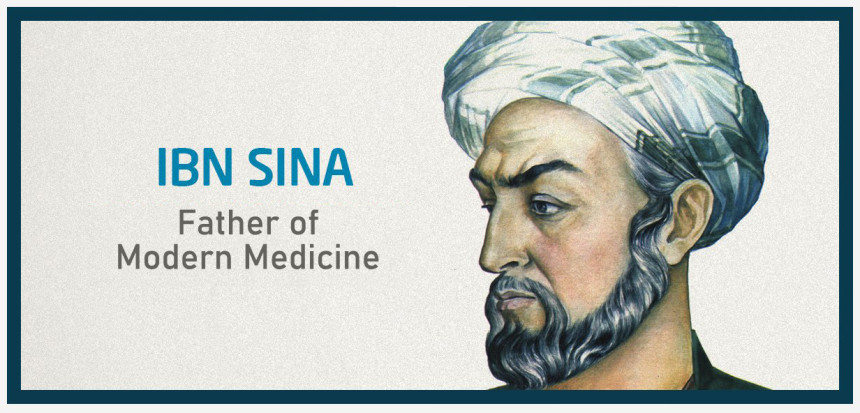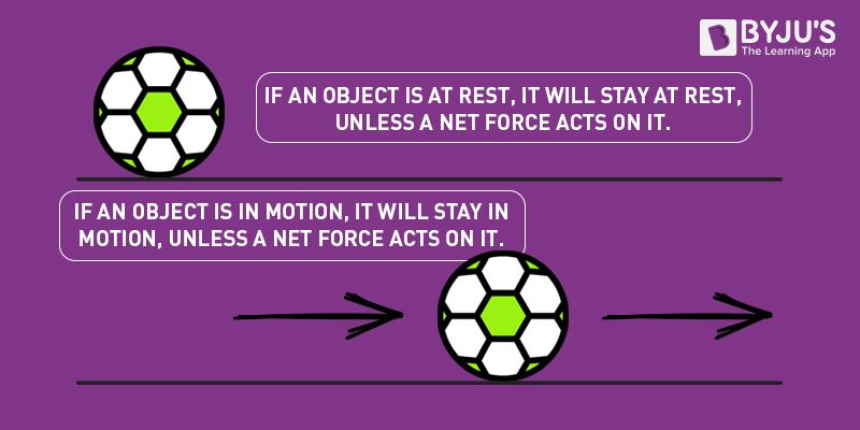
Gravity, Galaxies and Genius: The Astonishing World of Isaac Newton!
Considered one of the most influential scientists in history, Sir Isaac Newton's theories revolutionised our understanding of the physical world. Today's scholars are still heavily reliant on his work. This blog delves into Newton's significant contributions and the profound impact they've had on the scientific landscape, making complex concepts accessible to young minds.
Who was Isaac Newton?
Sir Isaac Newton, born in 1643, was an English physicist, mathematician, and astronomer. He's hailed for his work in classical physics and his development of the three laws of motion, which laid the groundwork for the field of classical mechanics.
Newton's Three Laws of Motion
Arguably the most crucial cornerstone of Newton's work is his Three Laws of Motion, which continue to form the basis for classical physics and engineering today.
- First Law (The Law of Inertia): Newton's first law suggests that an object will stay at rest or move in a straight line at a constant speed unless acted upon by a force. This law highlights the inherent resistance to changes in motion that all objects possess, known as inertia.
- Second Law (The Law of Acceleration): This law states that the force applied to an object equals its mass multiplied by its acceleration. Simply put, it tells us how velocities change when forces are applied.
- Third Law (The Law of Action-Reaction): Newton's third law proposes that for every action, there is an equal and opposite reaction. This means that any force exerted on a body will create a force of equal magnitude but in the opposite direction on the object that exerted the first force.
Newton and the Theory of Gravity
Another phenomenal aspect of Newton's work is his Theory of Gravity. Newton proposed that gravity was a force drawing objects towards each other. The groundbreaking idea was that this force wasn't just applicable on Earth but extended across the universe. This theory explained why apples fall straight down from trees and why planets orbit the sun in a particular manner.
Newton's Contributions to Mathematics
Newton's influences weren't confined to physics alone. His contributions to mathematics were equally significant. He developed calculus, a branch of mathematics that deals with rates of change and accumulation of quantities. It plays a pivotal role in several scientific fields, including physics, engineering, economics, statistics, and computer graphics.
Conclusion
From his laws of motion to his theories of gravity, Sir Isaac Newton's work continues to shape the world of science. His theories serve as robust pillars supporting the structure of modern scientific understanding. While Newton's theories may seem complex, their fundamental principles govern the simplest of phenomena we observe daily. By grasping these concepts, young scholars can deepen their understanding of the world around them and cultivate a strong scientific foundation.
FAQs
What are Newton's three laws called?
- Newton's three laws are known as the laws of motion. They include the law of inertia, the law of acceleration, and the law of action-reaction.
Did Newton discover gravity?
- Newton did not 'discover' gravity, but he did develop the Theory of Gravity, which describes the force of gravity and its effects.
What does Newton's first law mean?
- Newton's first law, also known as the law of inertia, states that an object will remain at rest or move in a straight line at a constant speed unless acted upon by a force.
How did Newton contribute to mathematics?
- Newton contributed significantly to mathematics by developing calculus, a branch of mathematics that deals with rates of change and the accumulation of quantities.
Why are Newton's laws important?
- Newton's laws are important as they form the basis of classical mechanics, a branch of physics that deals with the motion of bodies under the action of forces. This is crucial for understanding many natural phenomena and is widely used in science and engineering.





